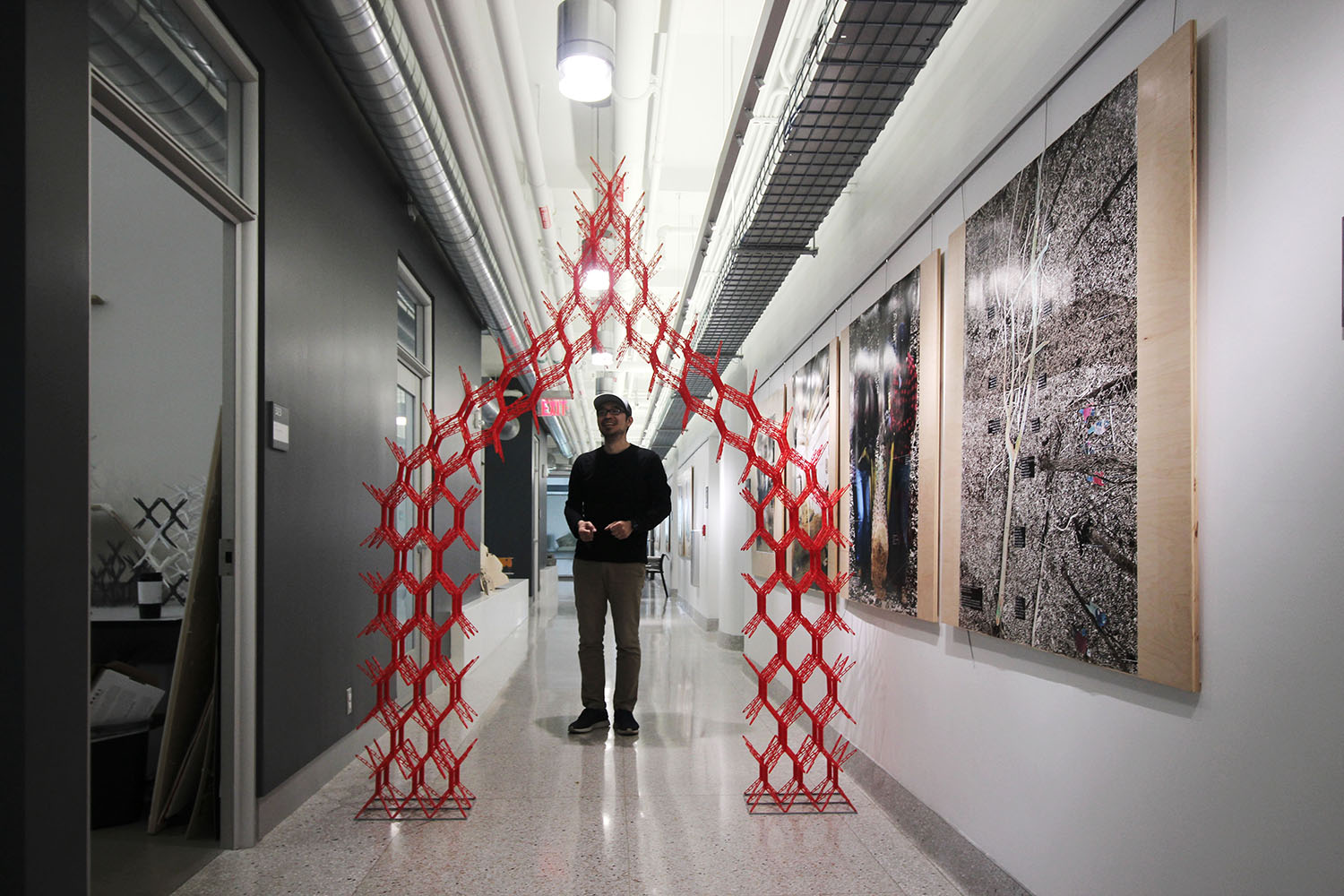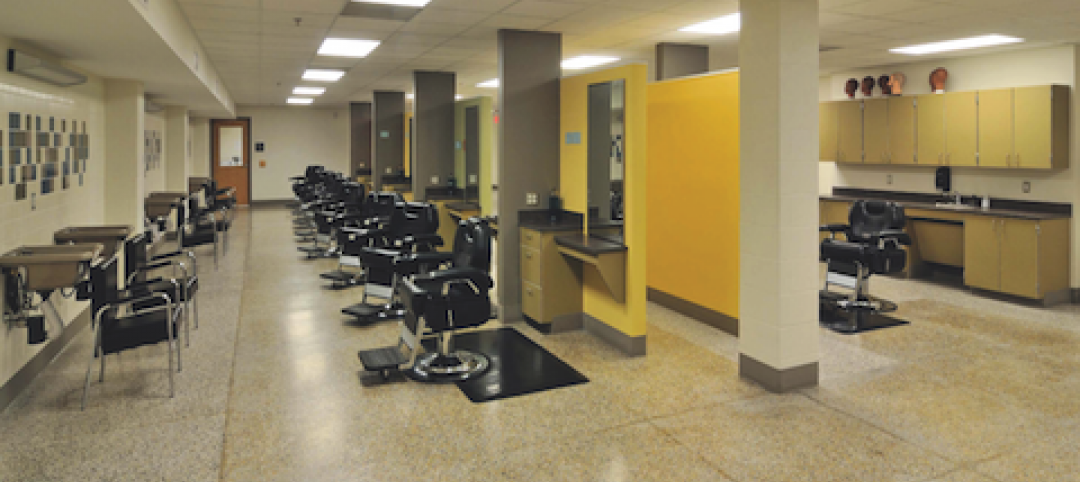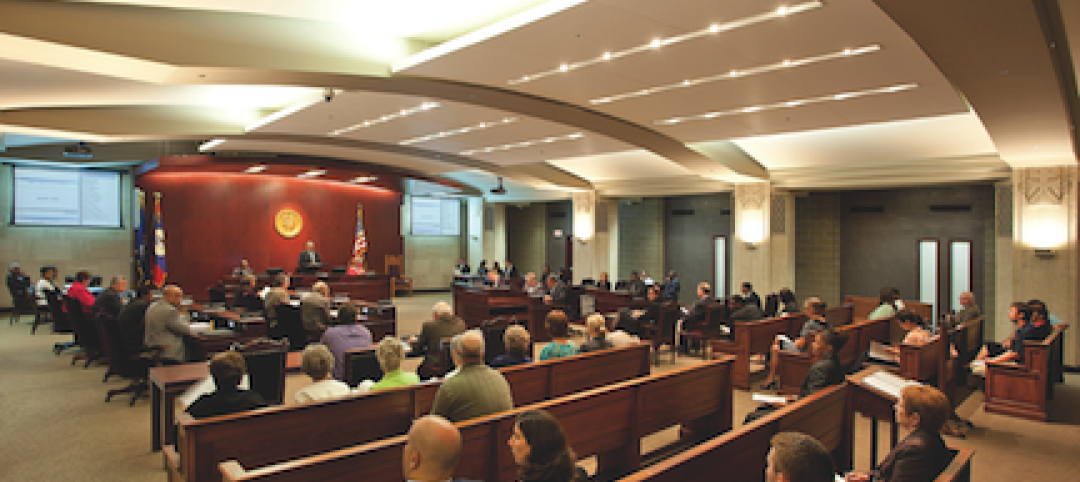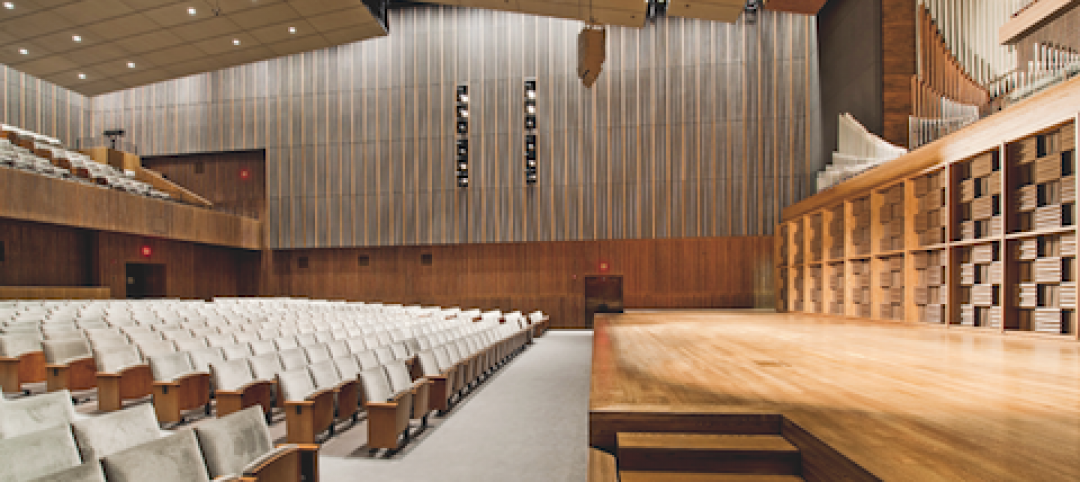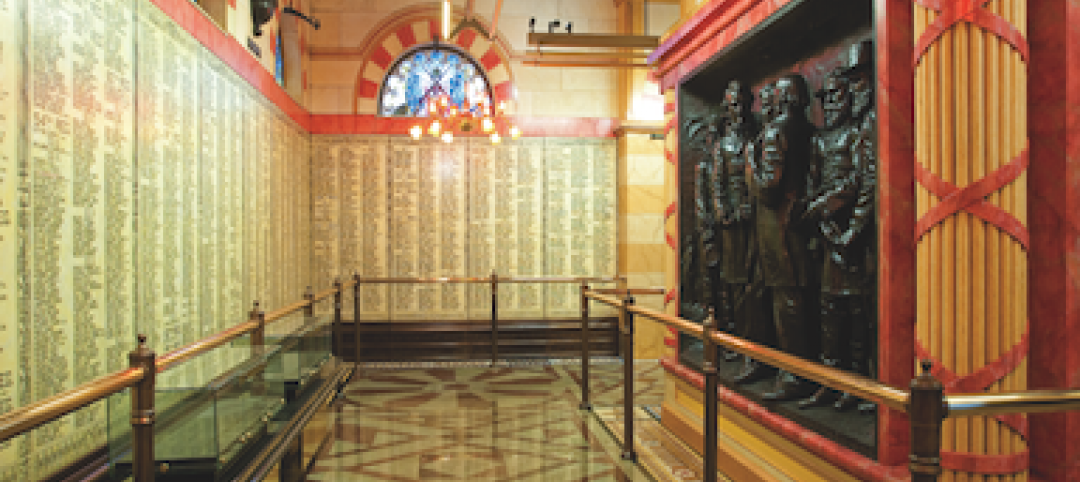Channel your inner Ludwig Mies van der Rohe or Philip Johnson by participating in The Forge Prize, an annual steel design competition that awards $20,000 to the architect who develops the most visionary design concept that embraces steel as the primary structural component to increase project speed.
 Established by the American Institute of Steel Construction (AISC), The Forge Prize recognizes innovation in the use of steel and how it can be used to reduce design and construction time.
Established by the American Institute of Steel Construction (AISC), The Forge Prize recognizes innovation in the use of steel and how it can be used to reduce design and construction time.
The two-stage design challenge will culminate in the selection of up to three Finalists in February 2020 (each will receive a $10,000 stipend) and the public announcement of a Grand Prize Winner ($20,000 total prize) in Spring 2020.
The competition is open to U.S.-based emerging architects who are either pursuing licensure or are licensed 10 years or less in the year 2020. Participants must be working professionals in any of the following firm types: architecture firm, AE firm (but submitting as an emerging architect), or design-build firm (but submitting as an emerging architect).
There is no cost to enter. The deadline for stage one submissions is January 15, 2020. Entry details at: www.forgeprize.com/about
Meet the 2019 Forge Prize winner and finalists
Looking for inspiration? Meet last year's winner and finalists:
WINNER: The 2019 Forge Prize Grand Prize Winner was Jin Young Song, AIA, Assistant Professor at University at Buffalo, and Founder of DIOINNO Architecture PLLC, for his SIMS (Snap-Interlock Module System) design concept. The design is pictured here (and above. All photos courtesy AISC.):
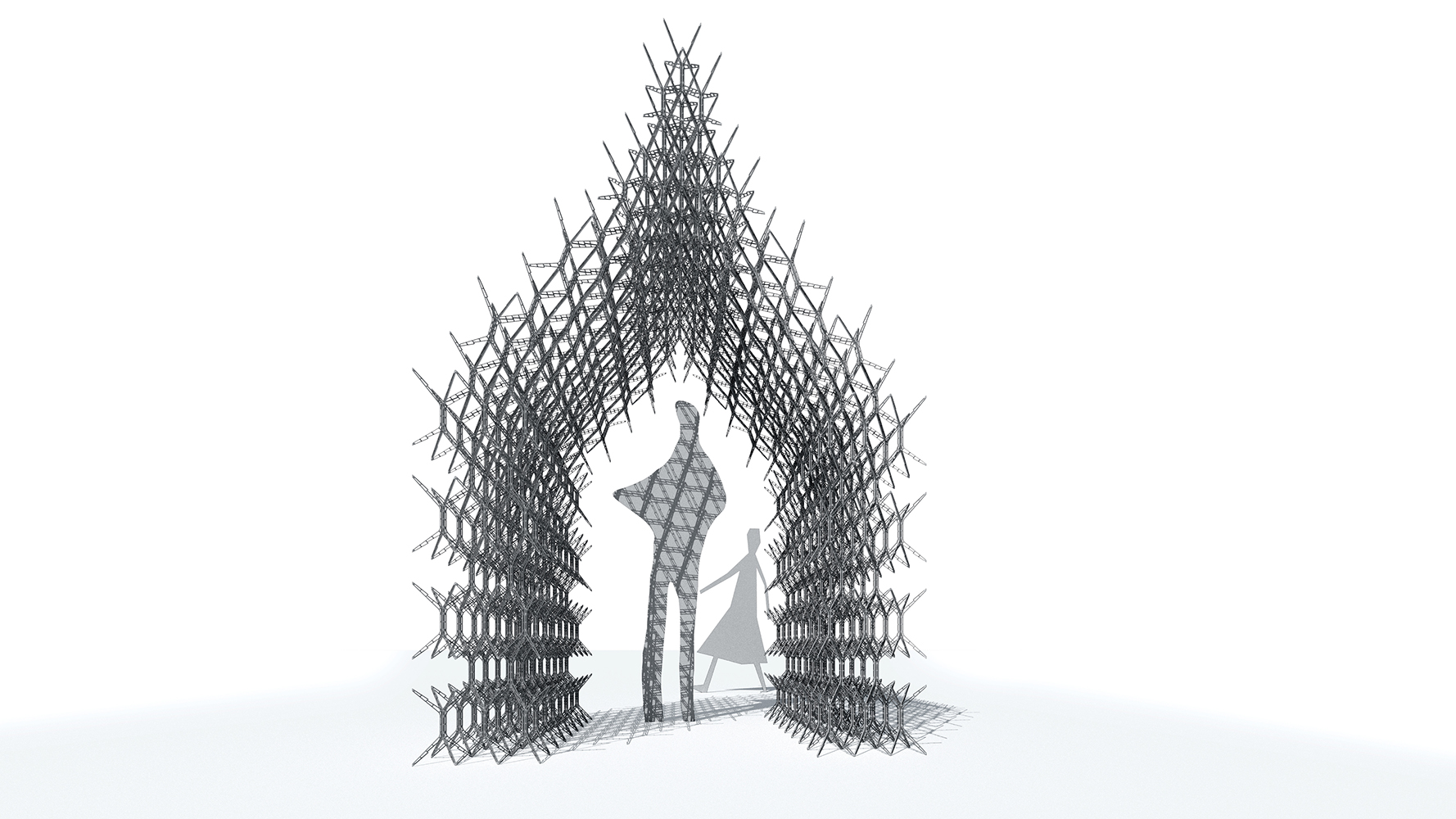
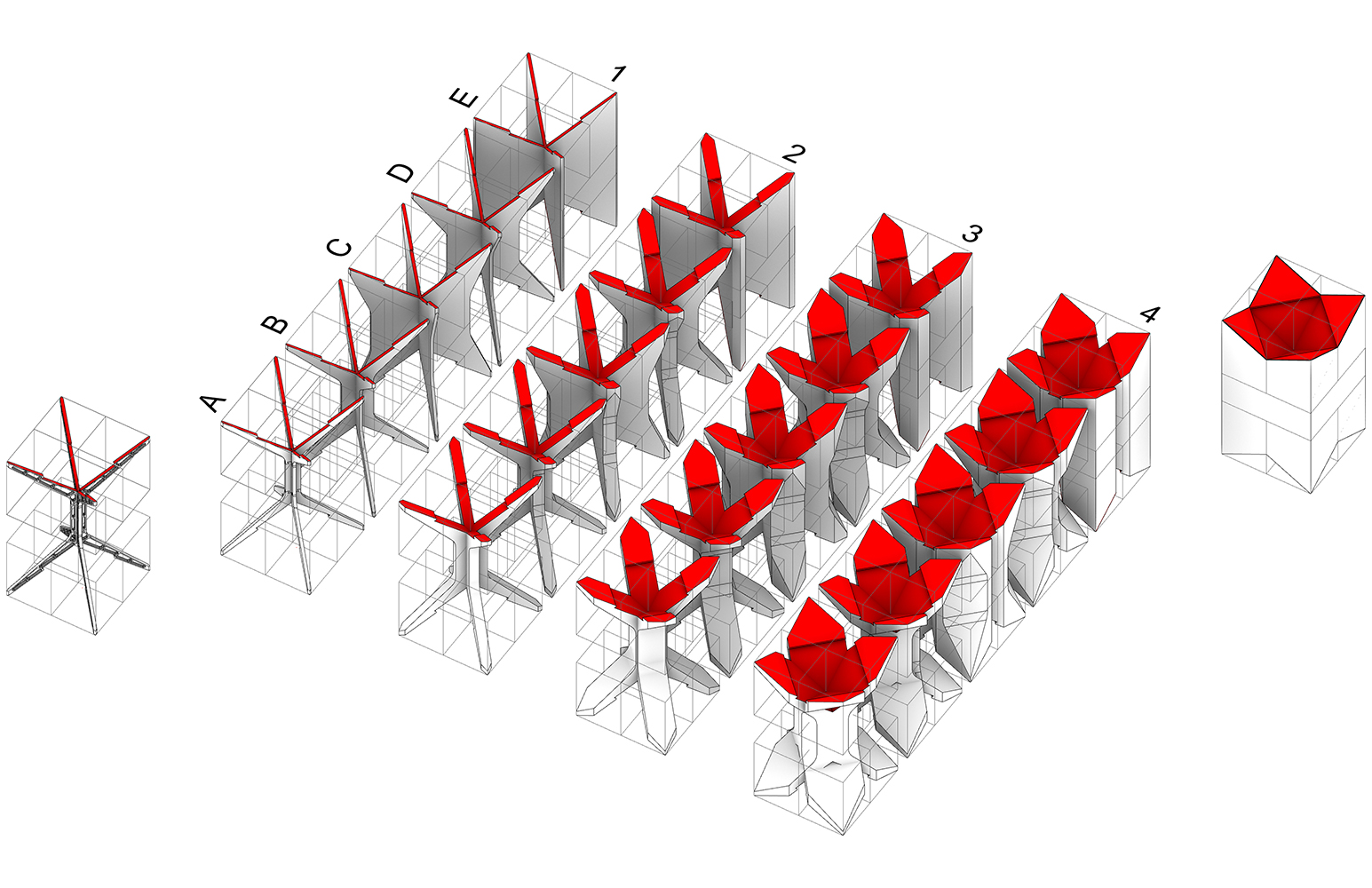
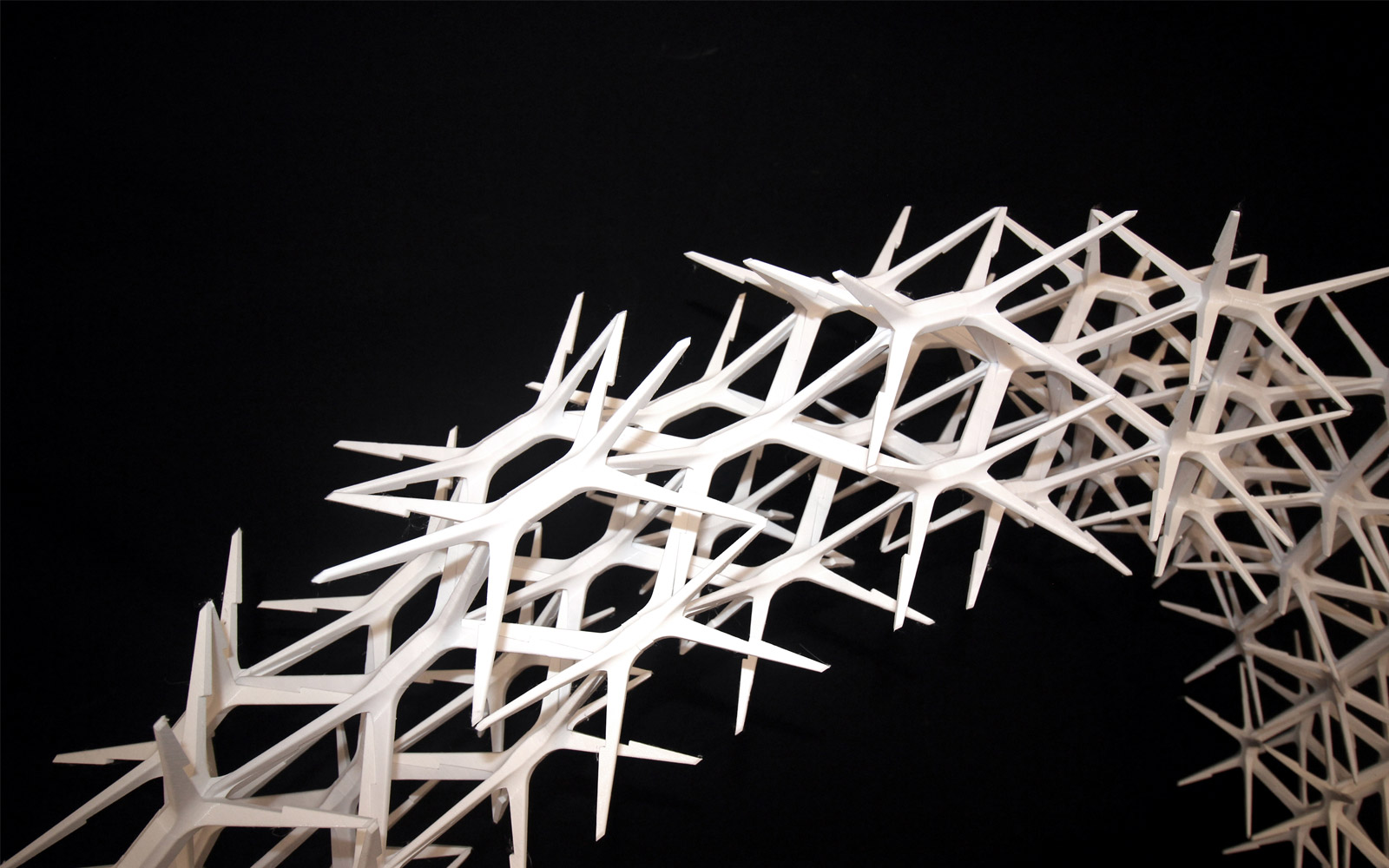
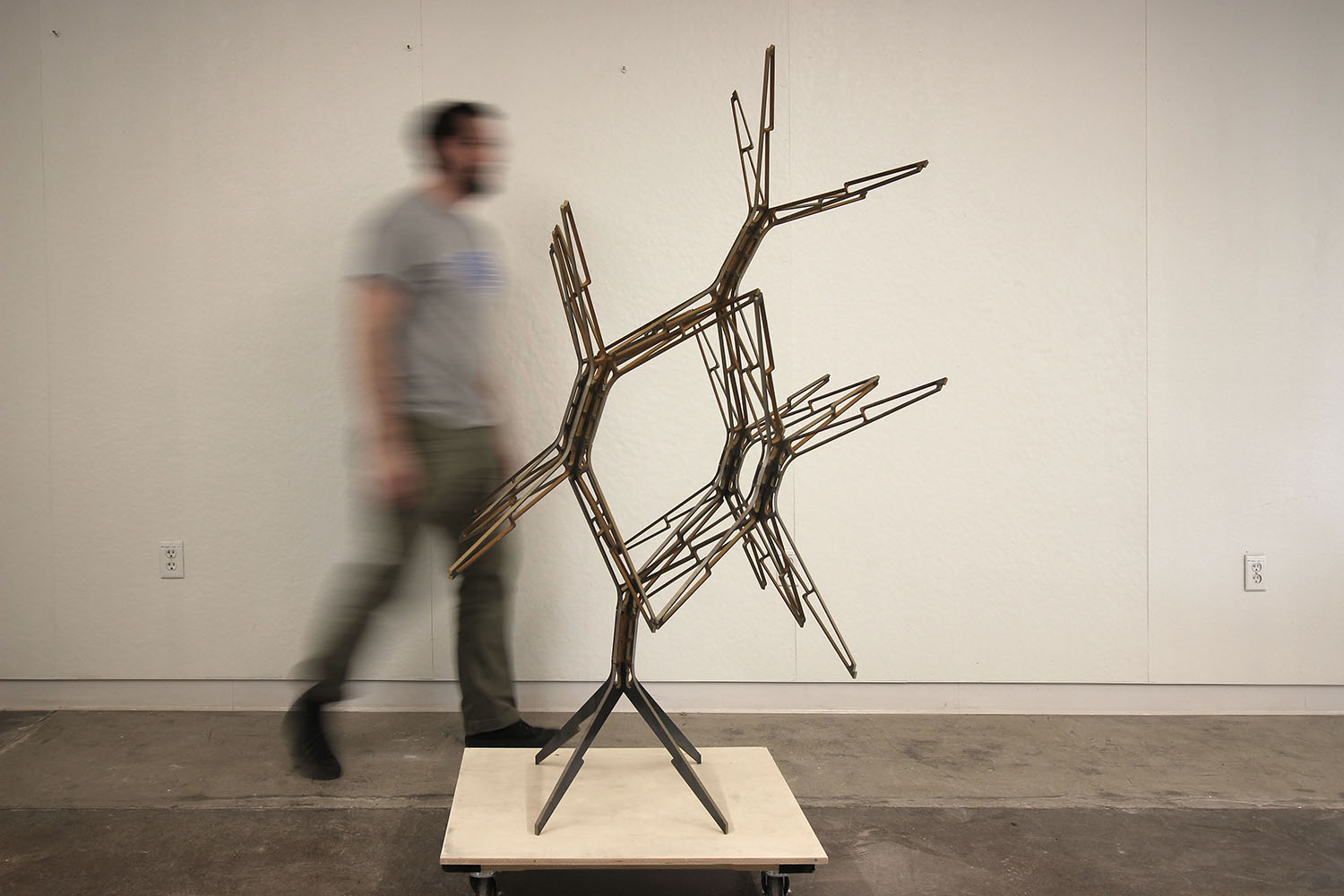
FINALIST: The 2019 Forge Prize Finalists included Valeria Rybyakova, Achitectural Designer with Perkins Eastman, for her submission "Responsive Enclosure for Public Pool," pictured here:
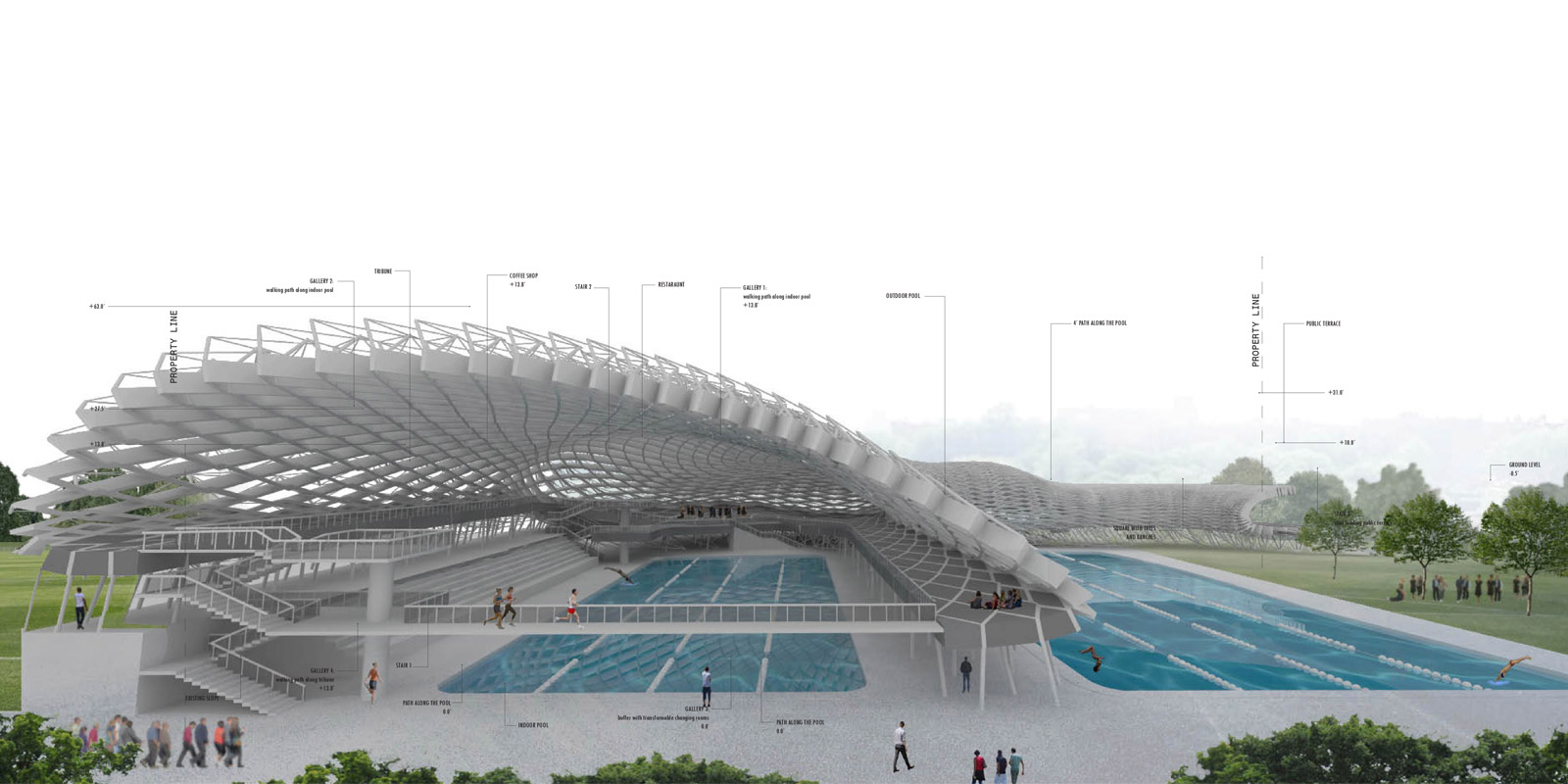

FINALIST: Jingyu Lee, PE, RA, LEED AP, Design Engineer, Magnusson Klemencic Associates, was named a Finalist for his design concept, "Reimagined Office Tower Using Cantilevered Trusses," pictured here:


Related Stories
| Oct 13, 2010
County building aims for the sun, shade
The 187,032-sf East County Hall of Justice in Dublin, Calif., will be oriented to take advantage of daylighting, with exterior sunshades preventing unwanted heat gain and glare. The building is targeting LEED Silver. Strong horizontal massing helps both buildings better match their low-rise and residential neighbors.
| Oct 12, 2010
Holton Career and Resource Center, Durham, N.C.
27th Annual Reconstruction Awards—Special Recognition. Early in the current decade, violence within the community of Northeast Central Durham, N.C., escalated to the point where school safety officers at Holton Junior High School feared for their own safety. The school eventually closed and the property sat vacant for five years.
| Oct 12, 2010
Guardian Building, Detroit, Mich.
27th Annual Reconstruction Awards—Special Recognition. The relocation and consolidation of hundreds of employees from seven departments of Wayne County, Mich., into the historic Guardian Building in downtown Detroit is a refreshing tale of smart government planning and clever financial management that will benefit taxpayers in the economically distressed region for years to come.
| Oct 12, 2010
Richmond CenterStage, Richmond, Va.
27th Annual Reconstruction Awards—Bronze Award. The Richmond CenterStage opened in 1928 in the Virginia capital as a grand movie palace named Loew’s Theatre. It was reinvented in 1983 as a performing arts center known as Carpenter Theatre and hobbled along until 2004, when the crumbling venue was mercifully shuttered.
| Oct 12, 2010
University of Toledo, Memorial Field House
27th Annual Reconstruction Awards—Silver Award. Memorial Field House, once the lovely Collegiate Gothic (ca. 1933) centerpiece (along with neighboring University Hall) of the University of Toledo campus, took its share of abuse after a new athletic arena made it redundant, in 1976. The ultimate insult occurred when the ROTC used it as a paintball venue.
| Oct 12, 2010
Owen Hall, Michigan State University, East Lansing, Mich.
27th Annual Reconstruction Awards—Silver Award. Officials at Michigan State University’s East Lansing Campus were concerned that Owen Hall, a mid-20th-century residence facility, was no longer attracting much interest from its target audience, graduate and international students.
| Oct 12, 2010
Gartner Auditorium, Cleveland Museum of Art
27th Annual Reconstruction Awards—Silver Award. Gartner Auditorium was originally designed by Marcel Breuer and completed, in 1971, as part of his Education Wing at the Cleveland Museum of Art. Despite that lofty provenance, the Gartner was never a perfect music venue.
| Oct 12, 2010
Cell and Genome Sciences Building, Farmington, Conn.
27th Annual Reconstruction Awards—Silver Award. Administrators at the University of Connecticut Health Center in Farmington didn’t think much of the 1970s building they planned to turn into the school’s Cell and Genome Sciences Building. It’s not that the former toxicology research facility was in such terrible shape, but the 117,800-sf structure had almost no windows and its interior was dark and chopped up.
| Oct 12, 2010
The Watch Factory, Waltham, Mass.
27th Annual Reconstruction Awards — Gold Award. When the Boston Watch Company opened its factory in 1854 on the banks of the Charles River in Waltham, Mass., the area was far enough away from the dust, dirt, and grime of Boston to safely assemble delicate watch parts.
| Oct 12, 2010
Cuyahoga County Soldiers’ and Sailors’ Monument, Cleveland, Ohio
27th Annual Reconstruction Awards—Gold Award. The Cuyahoga County Soldiers’ and Sailors’ Monument was dedicated on the Fourth of July, 1894, to honor the memory of the more than 9,000 Cuyahoga County veterans of the Civil War.


